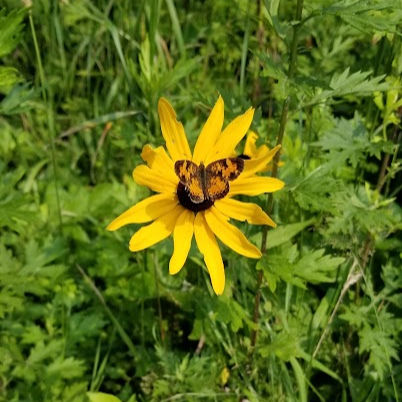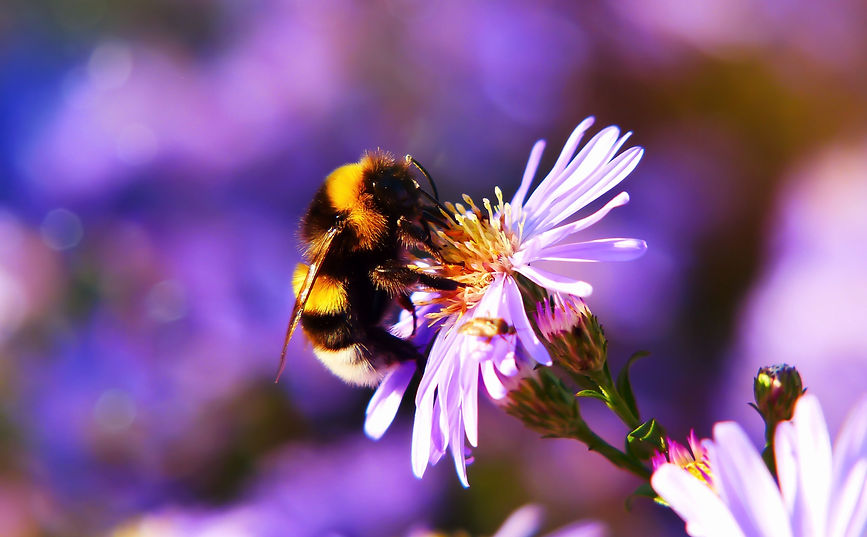Harnessing the Beauty of Native Plants: Landscaping Insights
- Lauren Kurtz
- Jun 2, 2025
- 2 min read
Updated: Jun 3, 2025
Native plants bring a distinct beauty and environmental benefit to landscapes. Harnessing the beauty of native plants in landscaping can create a sustainable and vibrant outdoor space that not only looks visually appealing but also supports the local ecosystem.

When considering landscaping with native plants, one must first understand what native plants are. These plants are naturally occurring in a specific region and have adapted to the local climate, soil, and environmental conditions over time. As a result, they require minimal maintenance once established, making them an excellent choice for homeowners and landscaping companies looking to create a low-maintenance yet beautiful outdoor space. One of the key benefits of using native plants in landscaping is their ability to attract local wildlife such as birds, bees, and butterflies. Native plants provide food and habitat for these creatures, helping to support biodiversity and create a balanced ecosystem. Additionally, native plants are often more resilient to pests and diseases, reducing the need for chemical pesticides and fertilizers in the garden. Incorporating native plants into your landscaping design can also help conserve water and reduce the need for irrigation. Since native plants are well adapted to the local climate, they require less water once established, making them a sustainable choice for water-conscious gardeners. When planning a landscaping project with native plants, it's essential to consider factors such as soil type, sunlight exposure, and seasonal changes. Consulting with an ecological horticulture expert can help you choose the right native plants for your specific location and design preferences. Overall, harnessing the beauty of native plants in landscaping not only enhances the aesthetic appeal of outdoor spaces but also contributes to environmental stewardship and conservation efforts. By choosing native plants for your landscaping projects, you can create a sustainable and biodiverse garden that will thrive for years to come.



Comments